The administration of Japanese Prime Minister Fumio Kishida is urged to stop moving further down the path of military expansion and to promote dialogue among the governments, intellectuals and citizens of Japan and China, experts say.
Instead of strengthening its military power, Japan should aim to resolve issues through dialogue with China, said Kumiko Haba, professor emeritus at Aoyama Gakuin University in Tokyo, on Friday.
"Reflecting on Japan's involvement in China and the Korean Peninsula during World War I and World War II as a pawn of the West, we should strive for dialogue and trust to resolve any dispute with China, no matter the circumstances," Haba said. "Deploying missiles only invites the preparation of retaliatory missiles, potentially leading to widespread conflict."
Japan stands to gain nothing from going to war with China, she said. However, it appears that the Japanese government, under pressure from the United States, is tightening its grip on China economically by making decisions such as restricting semiconductor exports. Haba said a critical question would be how Japan can avoid such actions and continue collaboration.
"The U.S. perceives the development of Asia as a threat, so it may have the idea that Japan and China should be in conflict to weaken the economic sphere of East Asia," Haba said. "However, for Japan, there is no benefit in aligning with the U.S. to confront China. Japan's interests lie in economic development with China, regional stability and the prosperity of neighboring countries."
Haba, a member of the Association for Inheriting and Propagating the Murayama Statement's delegation to China, will visit Beijing and Tianjin from Oct 16 to 20. The association is a Japanese civic group dedicated to upholding the 1995 Murayama Statement that admits Japan's wartime mistakes.
Despite the numerous problems, Japan and China need to have friendly and stable relations for the sake of peace and prosperity in Asia.
Takakage Fujita, secretary-general of the association, said it has been sending delegations to China for this reason, with the October trip being its sixth.
The five-member delegation will have candid discussions with scholars, cultural figures and leaders of various organizations in China.
"To maintain a friendly relationship between Japan and China, it's essential not to neglect nongovernmental dialogues," Fujita said. "It seems that the two countries intend to rebuild trust from the private sector."
Ukeru Magosaki, head of the delegation and co-representative of the association, said through this visit, he hopes to contribute in any way possible to the peaceful development of relations between Japan and China.
"Unfortunately, Japan's strategy is moving within the framework of the United States' strategy," Magosaki said. "Therefore, I think it's time for the Japanese people to recognize the importance of China-led initiatives like the Belt and Road Initiative."









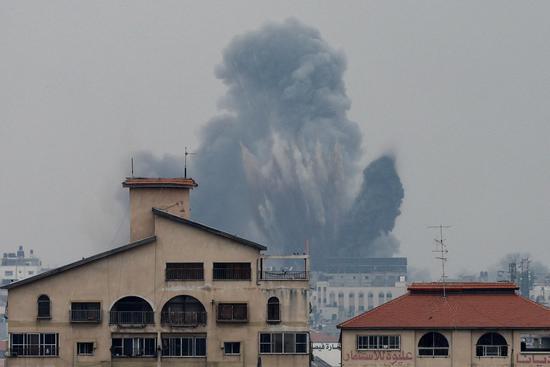


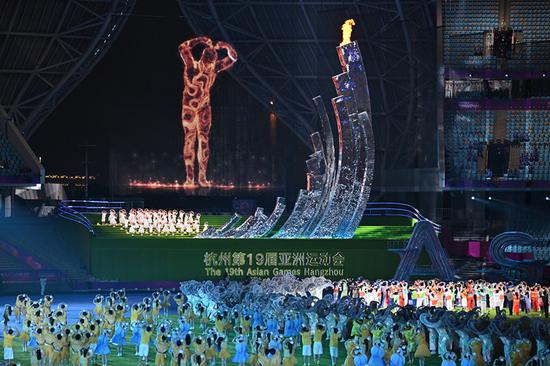
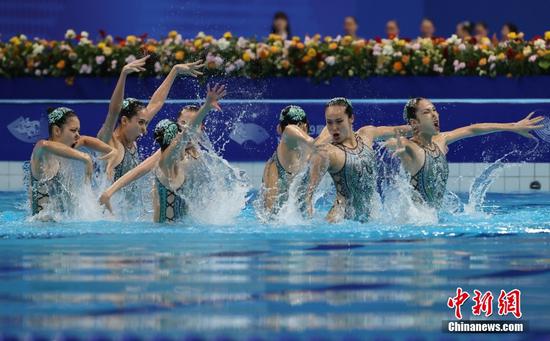

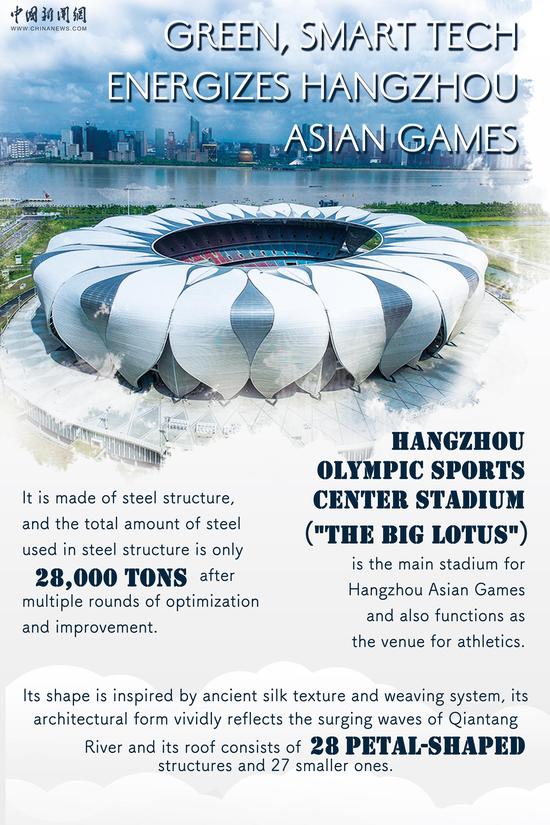
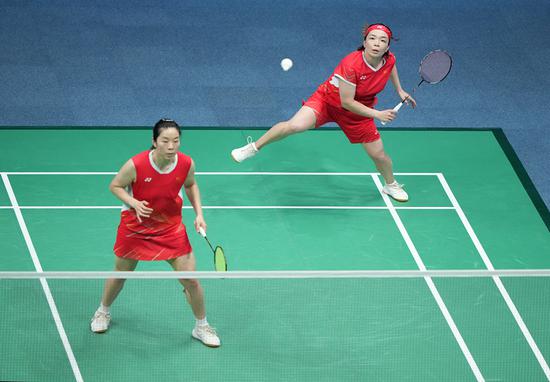
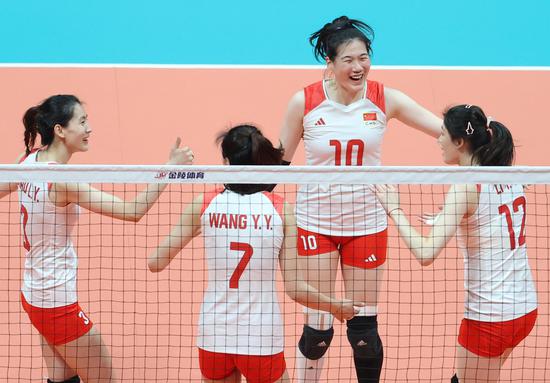



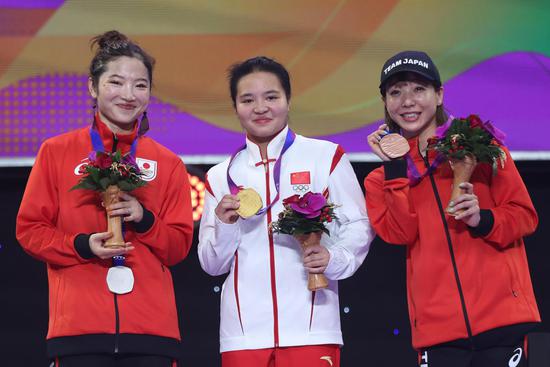


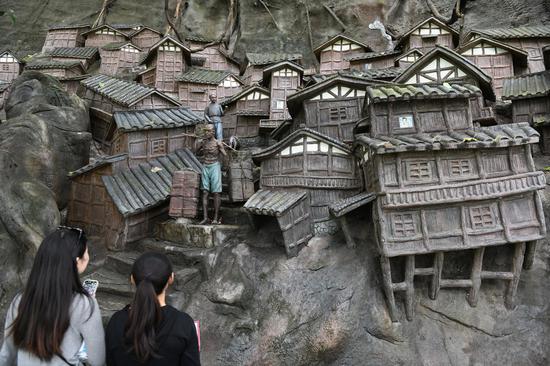




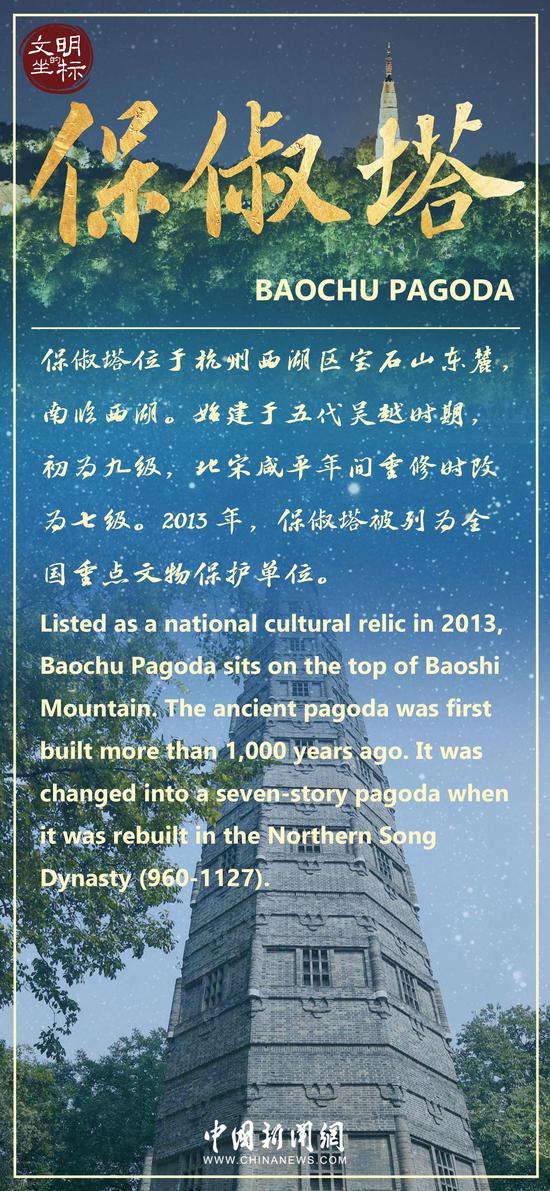

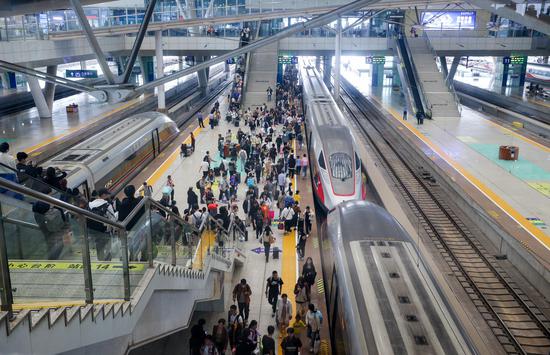


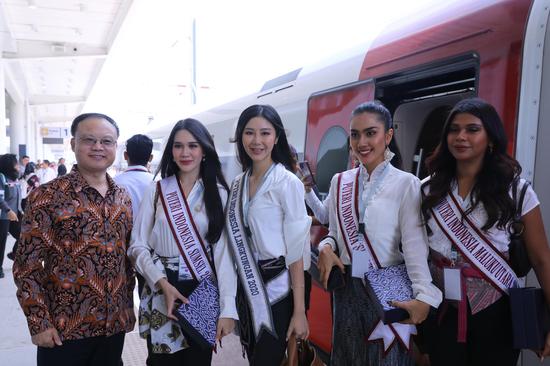

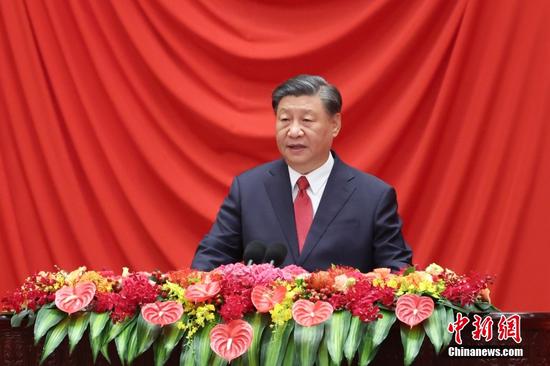
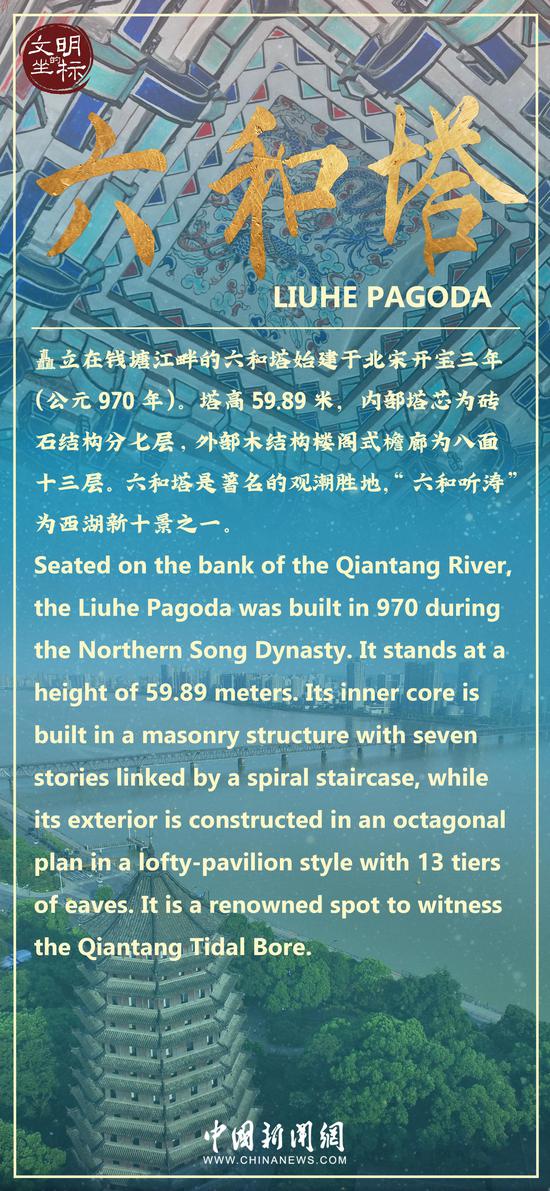
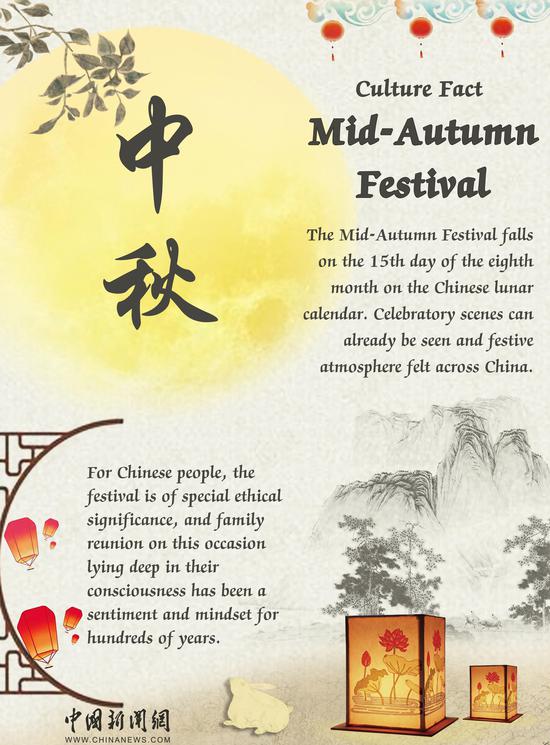
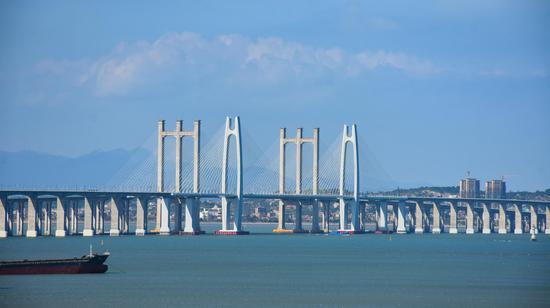


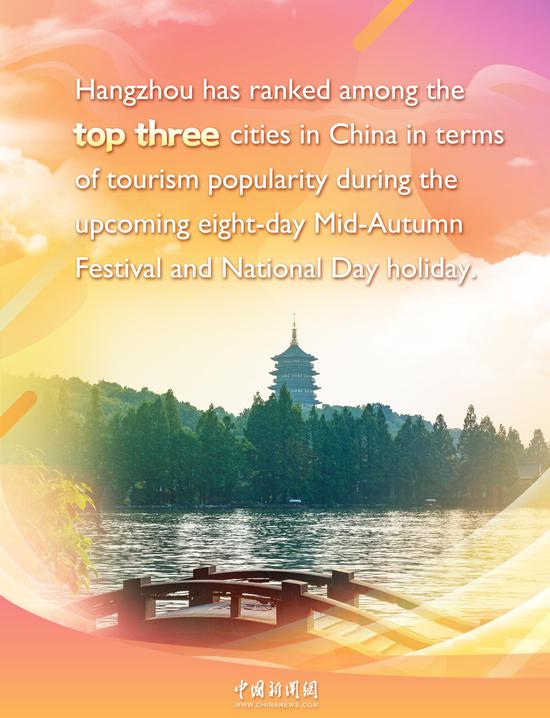
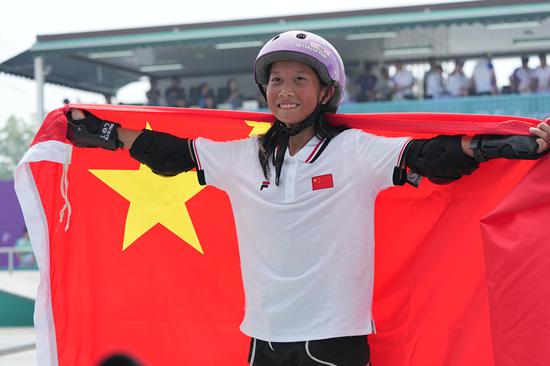






 京公网安备 11010202009201号
京公网安备 11010202009201号
